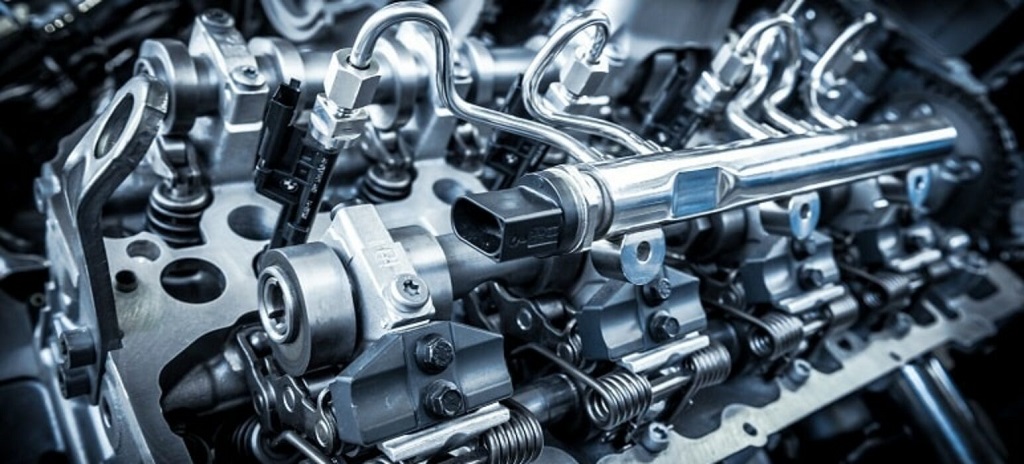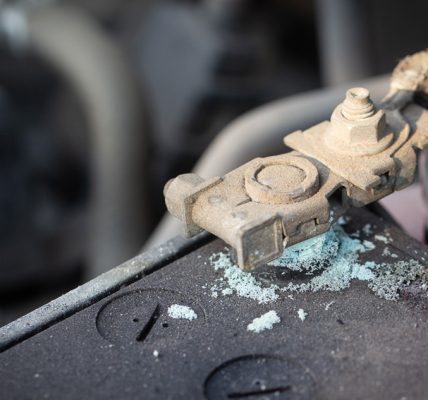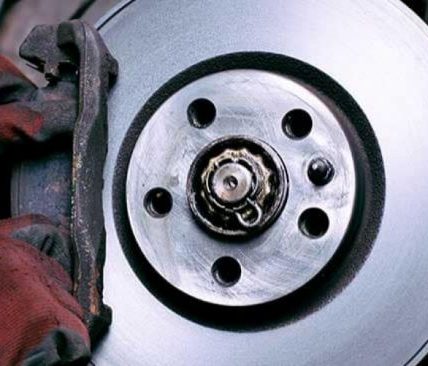A healthy car engine runs smoothly and efficiently. But sometimes, things go wrong. One common issue is an engine misfire, which occurs when one or more cylinders fail to combust fuel properly. This can lead to a range of problems, from reduced power and rough idling to increased emissions and even stalling.
The good news is that engine misfires often exhibit telltale signs. This article equips you with the knowledge to identify potential misfires and empowers you to take appropriate action.
Understanding Engine Misfires
Before diving into the symptoms, let’s understand what a misfire is. During normal operation, the air-fuel mixture inside the engine’s cylinders ignites, creating a small explosion that pushes the pistons down. This, in turn, rotates the crankshaft and propels the car forward.
In a misfire, the air-fuel mixture in a particular cylinder fails to ignite completely or ignites at the wrong time. This disrupts the smooth power delivery of the engine, leading to the problems mentioned earlier.
Symptoms of a Misfiring Engine
Several symptoms can indicate a misfiring engine. Here are the key ones to watch out for:
-
Reduced Power: This is a common sign. The engine might feel sluggish when accelerating, especially uphill or under load. You might experience hesitation or jerking motions as the engine struggles to maintain consistent power delivery due to the misfiring cylinders.
-
Rough Idle: A smooth idle is a hallmark of a healthy engine. If your car vibrates excessively at idle, especially when stopped at a light or in gear, it could be a misfire. The vibration might be felt through the steering wheel, seat, or the entire car.
-
Check Engine Light: This is a crucial warning sign. The check engine light illuminates when the car’s computer detects a problem, and a misfire is a common trigger. Don’t ignore this light – it’s your car’s way of saying there’s an issue that needs attention.
-
Unusual Engine Sounds: A healthy engine typically produces a consistent, smooth sound. If you hear popping, sputtering, or coughing noises coming from the engine bay, it could be a sign of misfiring. These sounds are caused by unburned fuel igniting in the exhaust system.
-
Increased Fuel Consumption: Engine misfires can lead to inefficient fuel combustion. This means more fuel is being used but not contributing to actual power generation, resulting in poorer gas mileage.
-
Difficulty Starting: In severe cases, a misfire can make it difficult to start the car, as the engine struggles to get enough cylinders firing properly to achieve combustion.
It’s Not Always a Misfire:
While these symptoms are strong indicators, it’s important to note that they can sometimes point to other engine issues. For example, rough idling could also be caused by a faulty idle air control valve. Unusual engine sounds might be a symptom of a failing exhaust component.
Diagnosing a Misfire:
If you suspect a misfire, it’s crucial to get your car checked by a qualified mechanic. They can use specialized diagnostic tools to pinpoint the exact cause of the problem. These tools can identify the specific cylinder(s) that are misfiring and provide valuable information about the engine’s overall health.
Common Causes of Misfires:
Several factors can contribute to engine misfires. Here are some of the most common culprits:
- Faulty Spark Plugs: Spark plugs are responsible for igniting the air-fuel mixture. Worn-out, fouled, or improperly gapped spark plugs can lead to misfires.
- Ignition Coil Issues: The ignition coil supplies the spark plugs with the high voltage needed for ignition. A failing coil can cause a weak or inconsistent spark, leading to misfires.
- Fuel Injector Problems: Fuel injectors deliver fuel into the engine cylinders. Clogged or faulty injectors can disrupt the fuel delivery, causing misfires.
- Sensor Malfunctions: Various sensors in the engine provide crucial data to the car’s computer. A faulty sensor can send incorrect information, leading to improper fuel mixture or ignition timing, and ultimately, misfires.
Taking Action:
If your mechanic confirms a misfire, they will recommend the appropriate repairs. This might involve replacing spark plugs, ignition coils, or fuel injectors. In some cases, cleaning the fuel system or addressing faulty sensors might be necessary.

Prevention is Key:
Regular maintenance is vital to preventing engine misfires. This includes adhering to the manufacturer’s recommended service schedule for spark plug changes, fuel system cleaning, and overall engine checkups. Using high-quality fuel can also help prevent build-up in the fuel system that can lead to injector issues.
Related: Understanding The Diagnostic Process In Pickup Truck Electrical Repairs
The Takeaway:
A misfiring engine can be a frustrating experience. By understanding the symptoms of a misfire and the potential causes, you can be more proactive in maintaining your car’s health. Early detection and addressing the problem can prevent further damage and costly repairs down the road. Remember:
- Listen to your car: Pay attention to how your car is running. If you notice any of the symptoms mentioned earlier, don’t hesitate to get it checked by a mechanic.
- Don’t ignore the check engine light: This light is your car’s way of communicating a problem. Ignoring it can lead to more serious issues and expensive repairs later.
- Regular maintenance is key: Sticking to your car’s recommended service schedule can help prevent misfires and other problems before they arise.
With a little knowledge and attentiveness, you can keep your car running smoothly and avoid the hassles of a misfiring engine. Remember, a healthy engine translates to a more enjoyable driving experience, better fuel efficiency, and potentially lower repair costs in the long run.





